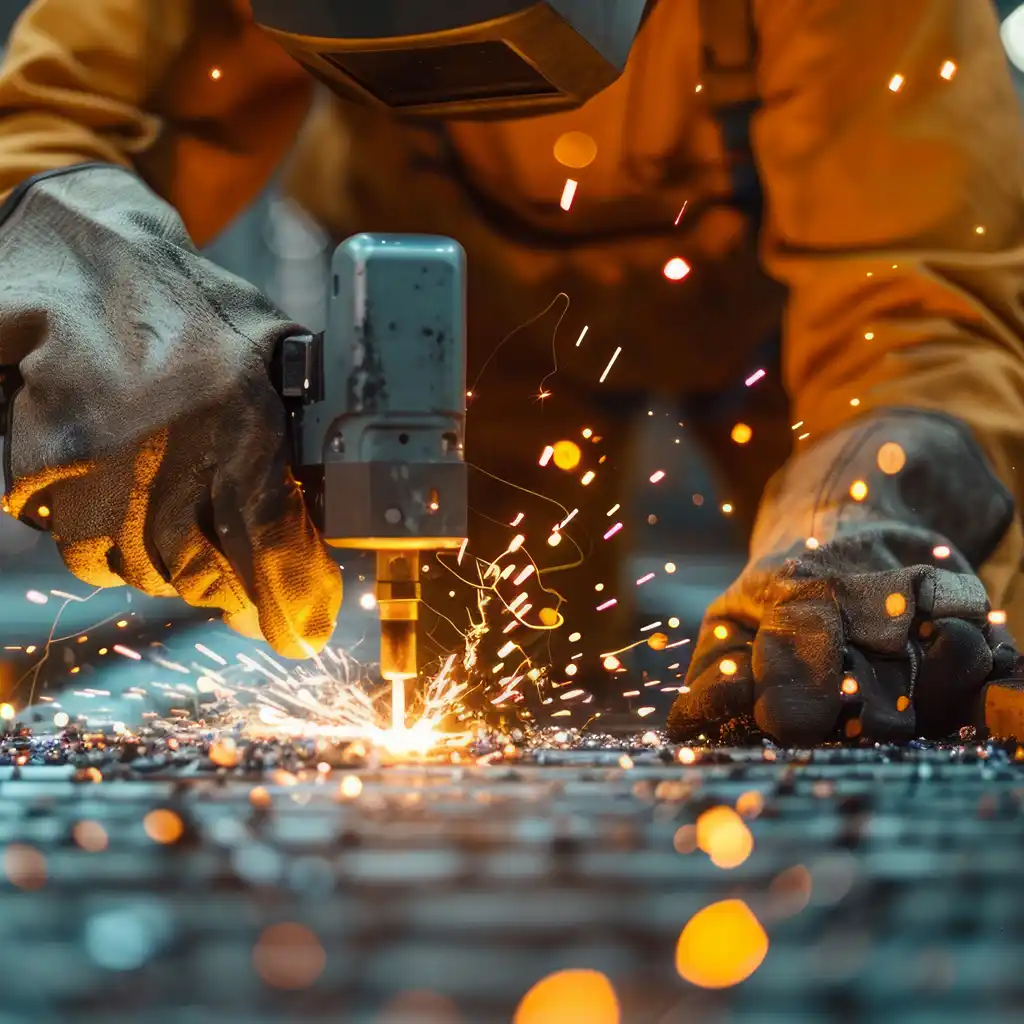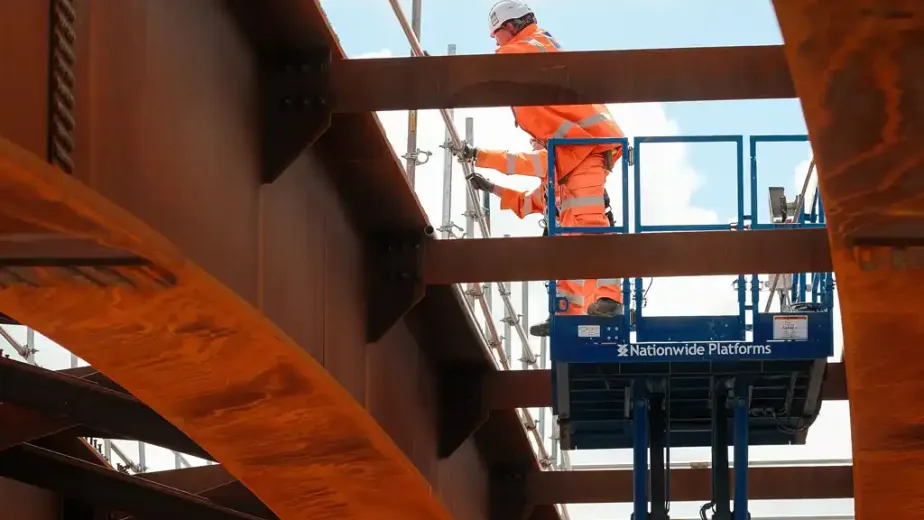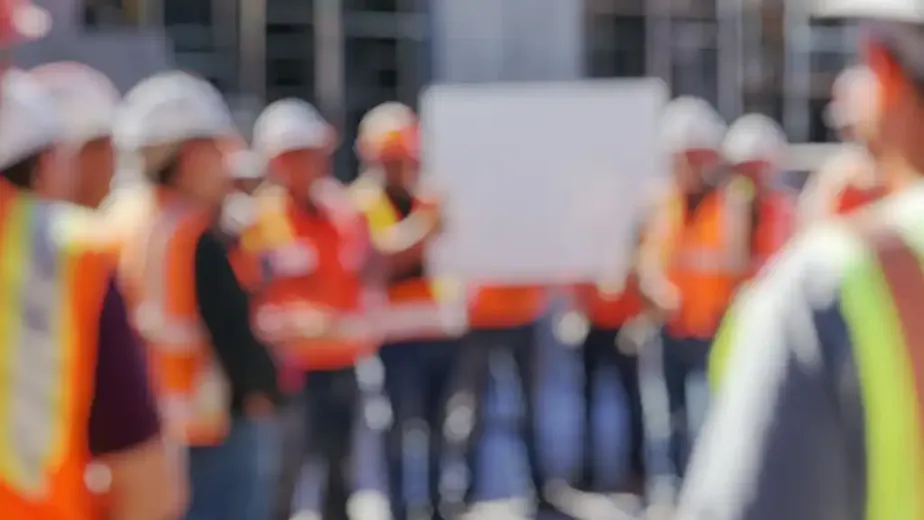For decades, the construction and rail sectors have faced well-documented challenges around diversity. With predominantly male and often homogenous workforces, these industries have historically struggled to reflect the communities they serve. Change is not only necessary, it’s underway.
Equality, diversity and inclusion (EDI) are now recognised as essential to building stronger, safer, and more innovative teams. In a time when the sector is battling acute skills shortages, demographic shifts, and increased public scrutiny, creating inclusive workplaces is not just the right thing to do, it’s a business imperative.
At ETS, we work with individuals from all backgrounds, many of whom face barriers to entry or progression in the labour market. Through our Skills Bootcamps and tailored training programmes, we’re helping to level the playing field and provide employers with a broader, more diverse talent pipeline.
“Inclusive workplaces are more resilient, more productive, and better at solving problems,” says Lee Johnson, CEO of ETS. “Diversity isn’t a tick-box, it’s a strategic strength.”
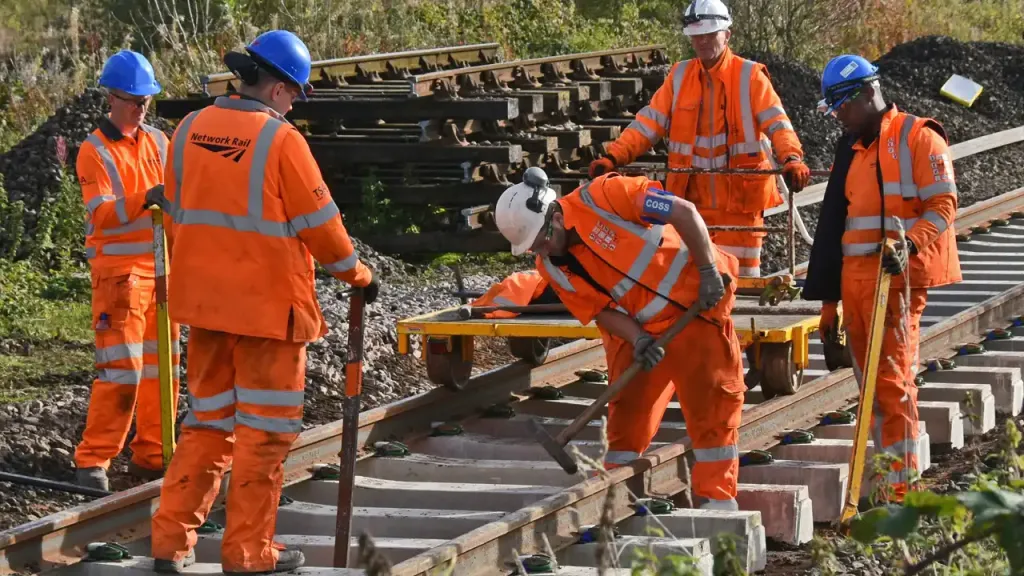
The Case for a Diverse Workforce
Evidence continues to show that diverse teams perform better. According to McKinsey’s 2023 Diversity Wins report, companies in the top quartile for ethnic and gender diversity are significantly more likely to outperform their peers financially. In the context of construction and rail, where safety, precision, and teamwork are paramount, a variety of perspectives can lead to better decision-making and stronger collaboration.
Beyond business performance, a more inclusive sector is one that’s able to attract and retain a broader pool of talent. With younger generations increasingly prioritising values and culture, businesses that invest in inclusive practices are better placed to win and keep the skilled people they need.
“If you want to future-proof your workforce, inclusion has to be at the centre,” says Mark Thurston, former CEO of HS2 Ltd. “The projects of tomorrow will be delivered by teams that look and think differently from those of the past.” (Construction News, 2022)
What Best Practice Looks Like
Leadership Commitment
Culture starts at the top. Leaders must actively champion diversity—through both words and action. Setting targets, publishing data, and investing in inclusive recruitment are all part of this.
Inclusive Pathways into Work
Schemes like Skills Bootcamps offer a powerful route for individuals who may not have traditional qualifications or industry connections. At ETS, many of our learners are returning to work, changing careers, or entering the workforce for the first time. Supporting these individuals with flexible, supportive training helps break down entry barriers and build long-term inclusion.
Workplace Culture
Inclusion doesn’t end with recruitment. Creating a culture where every worker feels valued and safe to speak up is essential. That includes tackling microaggressions, ensuring fair progression opportunities, and embedding zero-tolerance approaches to discrimination.
Partnerships and Accountability
Many successful EDI strategies involve working with community organisations, training providers, and local authorities. Collaboration brings expertise, builds trust, and extends reach.
“EDI isn’t something you solve with a workshop,” notes Chidi King, Director of the Equality Department at the International Labour Organisation. “It’s a long-term commitment to systems, structures, and behaviours that support fairness at every level.” (ILO Report on Diversity and Work, 2023)
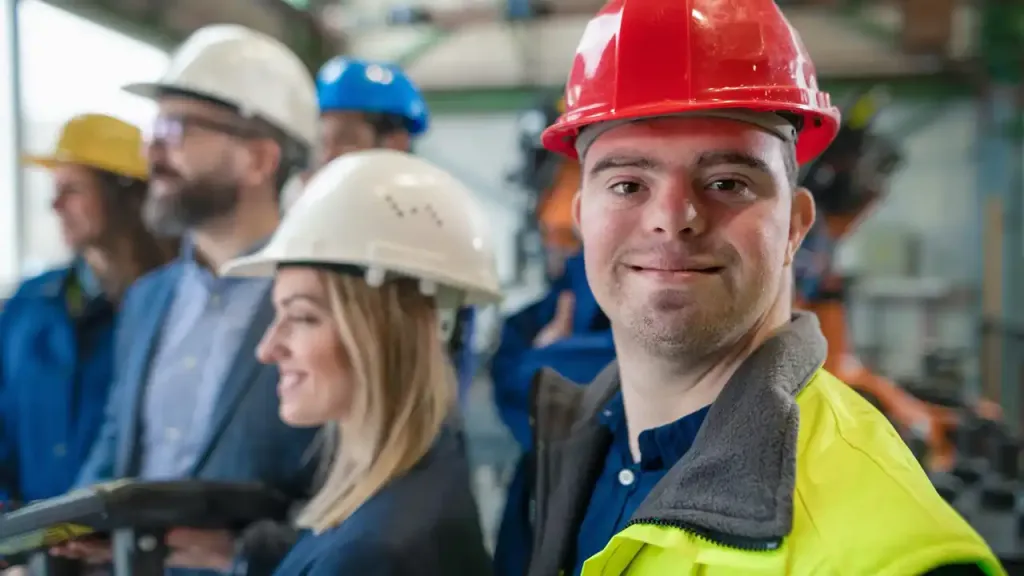
ETS’s Role in Advancing Inclusion
At ETS, EDI is woven into every part of our delivery model. We offer personalised support for learners, work with employers to promote inclusive hiring, and engage with local communities to reach those who are underrepresented in construction and rail.
We’ve seen the impact this can have—not only on learners, who gain confidence and skills, but on businesses, who gain access to a wider pool of motivated, loyal employees. Inclusion is not just about who gets through the door—it’s about who thrives once they’re in.
Looking Ahead
The construction and rail sectors are undergoing rapid change—from technological innovation to infrastructure expansion. But the most transformative change may well be cultural. Embracing EDI means shaping industries that are not only more innovative and productive, but fairer and more human.
As a training provider rooted in real-world outcomes, ETS is proud to play a part in that transformation—helping people from all backgrounds find opportunity, and helping businesses build teams that reflect the strength and diversity of modern Britain.
If your organisation is looking to diversify its workforce or embed inclusive practices, speak to ETS about how our training and recruitment support can help you lead the way.

